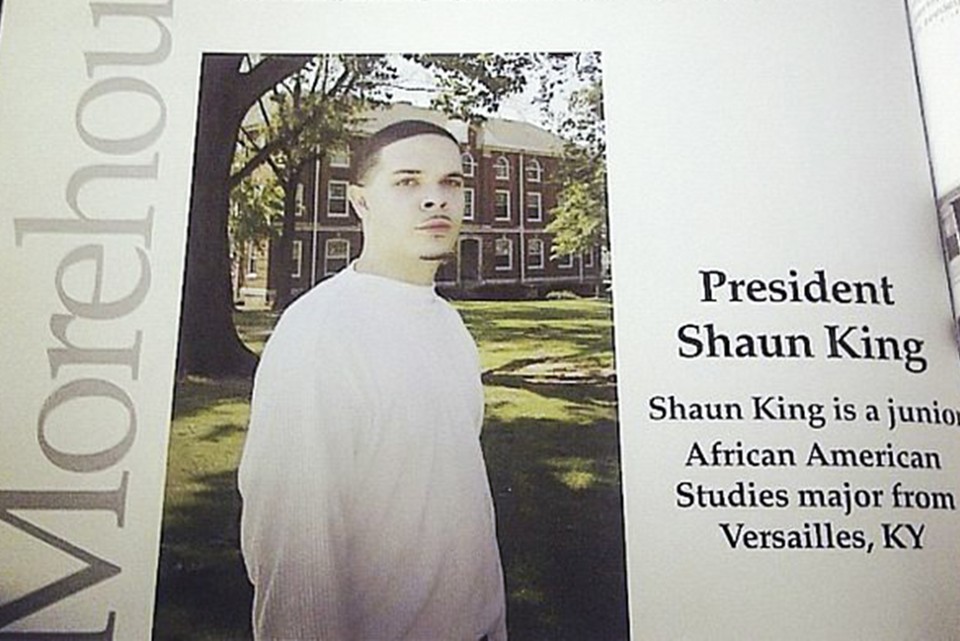Raising a Biracial Child as a Mother of ColorPosted in Articles, Family/Parenting, Identity Development/Psychology, Latino Studies, Media Archive, United States on 2015-09-21 02:14Z by Steven |
Raising a Biracial Child as a Mother of Color
The Atlantic
2015-09-19
A mother’s reflection on her own childhood and that of her biracial child—and the inevitable differences of the two.
A few months ago, I was walking home from the bus stop with my eldest daughter during the last week of kindergarten. She was lagging behind as usual, picking up sticks and shiny rocks, when she casually asked, “Mama, are the kids with browner skin more trouble? Why can some of them not read too well? Why do some people think Spanish is not good?”
In that moment, the heart that lives in my stomach jumped, and a mild nausea set in. At six years old, my now first-grade daughter is privileged, more than she understands, in ways that are painful and complicated for me to discern as both a highly educated, upper-middle-class parent, and as a woman of color who did not start out with such advantages.
…My daughter is half white, has a non-Latino last name, and navigates a space in between, of mixed heritage and lineage. She is frequently complemented on how “beautifully tanned” her skin is in the winter. When I say we speak Spanish in the home and our family is together, we are complimented on our efforts to make her bilingual. But, when I am out alone with my two daughters, the youngest yet too little to notice, we are looked askance at for not using English. Sometimes at the park I am mistakenly assumed to be their nanny, suddenly keenly aware of how the sun catches the blond streaks in their hair. It is strange that language can stake so many claims; so often are my children presumed not to be my own…
Read the entire article here.
